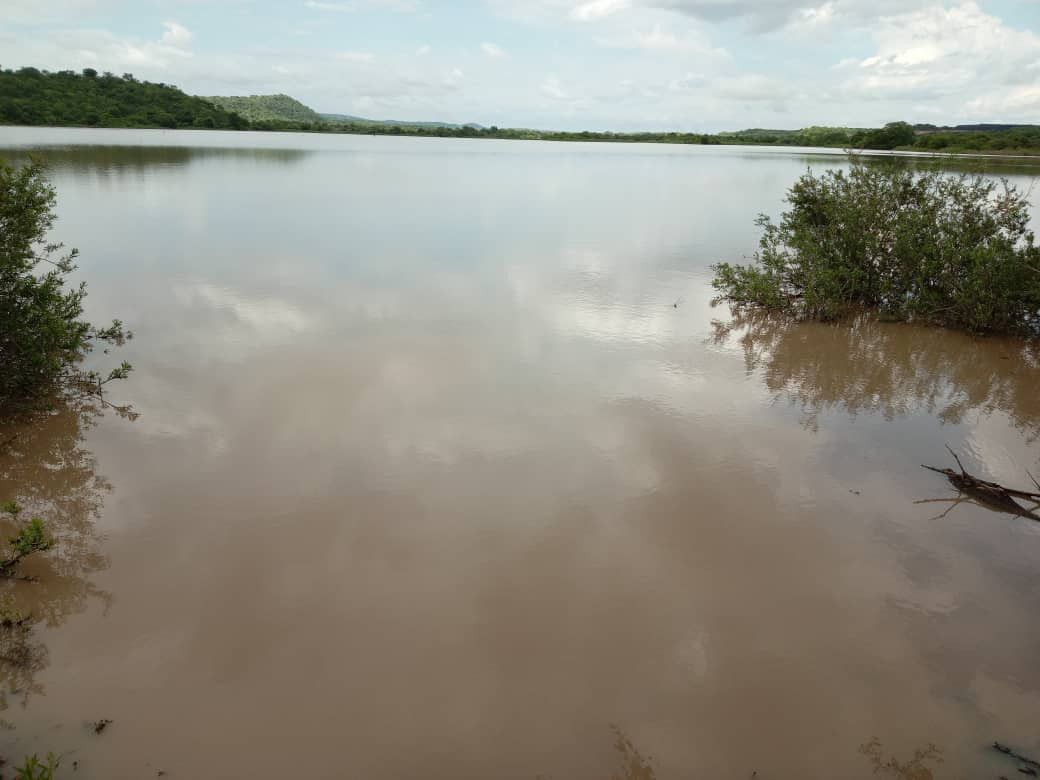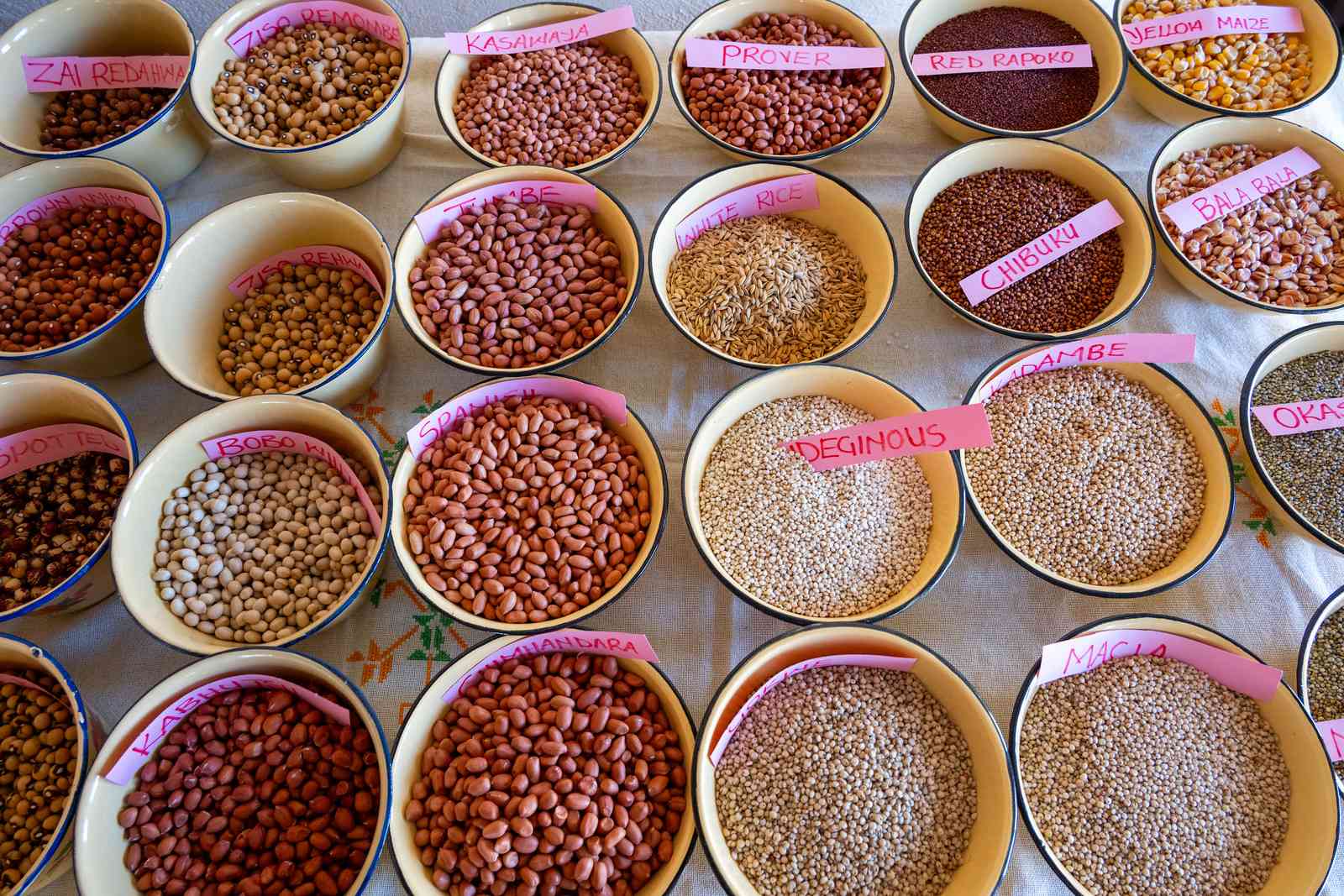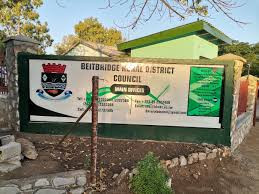
COMMUNITIES in Hwange have raised concern over mining companies that are drawing water from Kalope Dam, warning that such activities can lead to a shortage of the precious liquid.
Hwange East legislator Joseph Bonda said it was illegal for a private company to draw water from a community source.
He said the company should source water from the Zambezi River, like other companies in the area were doing.
“The President of the second republic is a listening President and if you see any traditional leader soiling his name about that Kalope Dam, we should expose them, raise the red flag, and let the world know that criminals are messing up in Change Lukosi ward,” Bonda said.
“Such activities are against the protection of the wetlands at Kasibo and also pollute Deka River. Let us all work towards promoting and enhancing His Excellency’s 2030 Vision and shun all activities that work against his principles.”
The Centre for Natural Resource Governance (CNRG), in a recent report, said community leaders in Diki village had taken decisive action to address a devastating crisis at Kalope Dam, the primary water source for the Lukosi Irrigation Scheme.
According to the report, the four stream that feed into the dam have been diverted by two Chinese mining companies operating in the area.
It further indicated that South Mining’s Mutargech division and Zimbabwe Zhongjing Heli Energy (Pvt) Ltd have also drilled eleven boreholes and laid a pipeline to divert water to their mine sites.
- Smuggling of gems bleeding Zim’s economy
- Erik ten Hag: Manchester United appoint Ajax boss as club’s new manager
- Zimbabwe’s smuggled gold destined for China
- Smuggling of gems bleeding Zim’s economy
Keep Reading
“This has resulted in severe water scarcity, threatening the livelihoods of 282 families who depend on the irrigation scheme.
“As the fate of the Lukosi Irrigation Scheme and the livelihoods of hundreds of families hang in the balance, community leaders have taken immediate action to prevent the collapse of the scheme working together with a local advocacy civil society organisation,” the report said.
Indications are that, according to the executives of the irrigation management committee, the scheme produced 30 tonnes of wheat last season and it benefits more than 5 000 locals.
“The community has expressed concern over the environmental implications of the water diversion, including the destruction of aquatic ecosystems and disruption of natural water flow,” the report said.
CNRG also revealed that village head Peter Mpala confirmed that the community was facing challenges to engage the mining companies and appealed for urgent intervention.
“We are appealing to relevant authorities to unblock the streams to allow water to flow into the Kalope Dam and halt construction of the pipeline diverting water to the mine site. Our engagement with the mining companies has not been fruitful,” the traditional leader is quoted as saying in the report.
He further indicated that he was working with the community, adding that a team visited the site of the blocked tributaries to assess the situation and assist in addressing the crisis urgently.
Ndaizivei Garura from the CNRG said there was a need to conduct an on-site assessment to inform possible solutions to the crisis, which threatens the sustainability of the community irrigation scheme.










